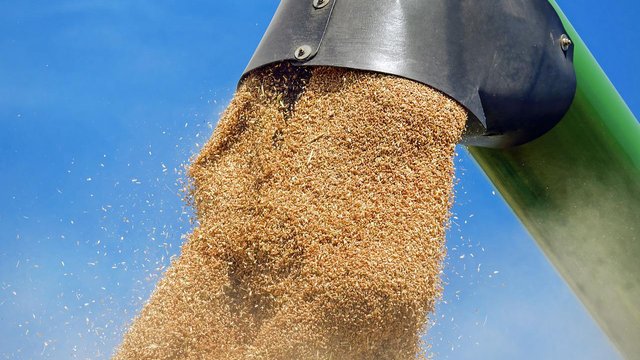Ukraine exports via Solidarity Lanes since 2022 exceeds 136 mln tonnes of goods, imports 52 mln tonnes

The Solidarity Lanes have allowed Ukraine to export more than 136 million tonnes of goods, such as grain, ores and steel since 2022 and to import more than 52 million tonnes of essential goods, including fuel, vehicles, and fertilisers, and also enabled the delivery to Ukraine of military and humanitarian assistance, according to pap.pl, citing the European Commission.
In 2022, the European Commission, in cooperation with Ukraine and Moldova, created the so-called Solidarity Lanes to improve traffic management between the EU, Ukraine, and Moldova following Russia's invasion of Ukraine. These are alternative logistic routes that enable the transportation of goods by rail, road, and inland waterways. Initially created to bypass the Russian blockade of Ukrainian grain exports via the Black Sea, the Lanes now cover trade in all sectors, the European Commission recalled.
The Solidarity Lanes enable Ukraine and Moldova to export all kinds of goods to global markets and ensure the delivery of necessary products to Ukraine, the European Commission said. The Solidarity Lanes pass through the Danube region, Poland, the Baltics, and the Adriatic region. These corridors complement Ukraine's Black Sea corridor set up in the autumn of 2023.
"However, the Danube and Polish-Baltic corridor remain key for all imports, while the Adriatic is particularly relevant for Ukraine's non-agricultural exports," the European Commission said in a press release.
The European Union and international financial institutions have currently allocated more than EUR 2 billion for these routes. Large-scale projects include EU funding for improving navigation on the Danube and the Sulina Canal towards the Black Sea. River pilots have been trained with EU funds. Additionally, information exchange with Ukrainian ports has been improved. This cooperation has helped enhance the safety and capacity of navigation on the Danube.
"Two years ago, Solidarity Lanes reshaped the logistic routes across Eastern Europe to keep Ukraine and Moldova's economies functioning and to prevent a global food crisis. To date, they have brought businesses around EUR 50 billion in revenue and at the same time strengthened the economic ties between Ukraine and the EU," said European Commissioner for Transport Adina Vălean.








